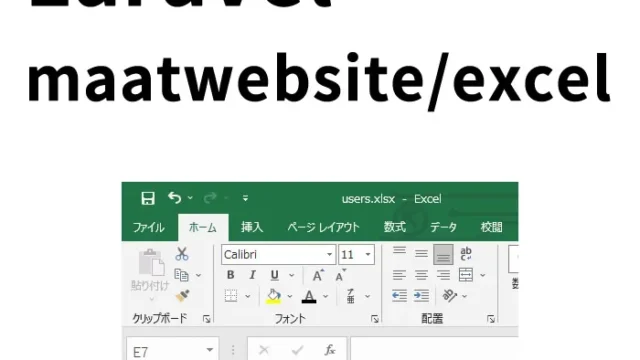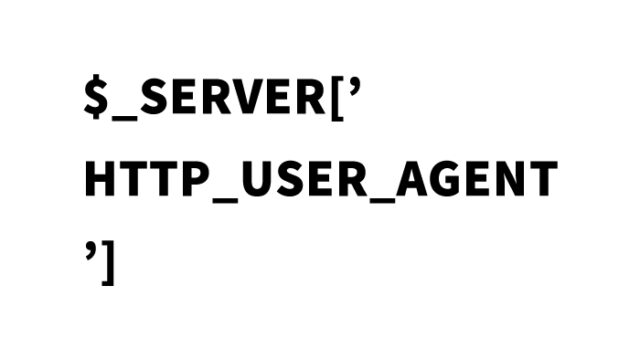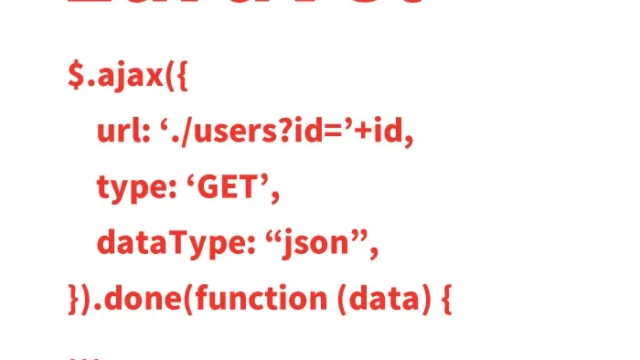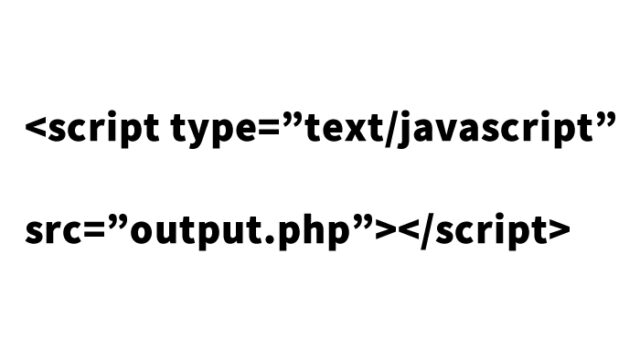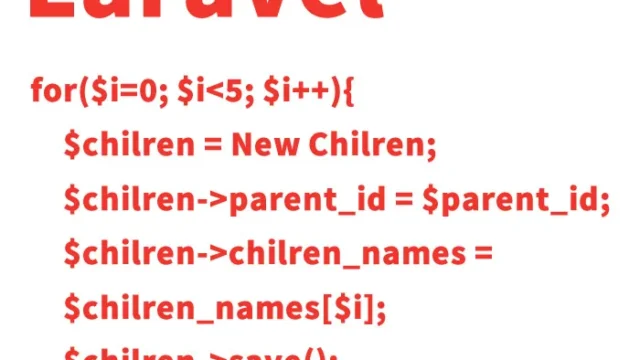Set Up PHP Environment on Windows with XAMPP

When you are starting your first web development project or simply want to set up a server environment locally, XAMPP can be incredibly helpful. XAMPP is a free software package that allows you to easily set up a server environment on Windows, including PHP. This article explains how to install and configure XAMPP in a beginner-friendly way.
If you already have a hosting server, PHP is usually available, so XAMPP might not be necessary. However, here’s how to set up XAMPP on Windows for running PHP locally.
What is XAMPP?
XAMPP is a package that bundles Apache HTTP Server, MySQL, PHP, and Perl, automating the installation and configuration of these tools. It allows developers to develop and test web applications in a local environment. For those just starting to learn PHP or looking for a quick way to set up a testing environment for new projects, XAMPP is extremely useful.
Download the XAMPP Installer
Download the installer from
XAMPP Installers and Downloads for Apache Friends.

Install XAMPP
Double-click the downloaded file “xampp-windows-x64-xxxxxx-installer.exe” and follow the instructions to install.
Click “Yes”

Click “Yes”

Click “Next >”
 Start Apache
Start Apache
From the XAMPP control panel, start Apache to confirm it is working correctly. Navigate to the “C:\xampp” directory and double-click “xampp-control.exe” to open the control panel.
Click the “Start” button next to “Apache.”

If the “Apache” section is highlighted and the “PID(s)” and “Port(s)” fields display values, it is working correctly.

Your local server environment, including PHP, is now running. Use this environment to learn PHP or develop web applications.
Conclusion
XAMPP is a convenient tool for a wide range of users, from beginners to experienced developers. Refer to this article to set up a development environment using XAMPP. If you encounter any issues, XAMPP’s extensive documentation and online communities are available to assist you.
With XAMPP, your journey into web development becomes even broader.
※ Please use this guide at your own discretion.
